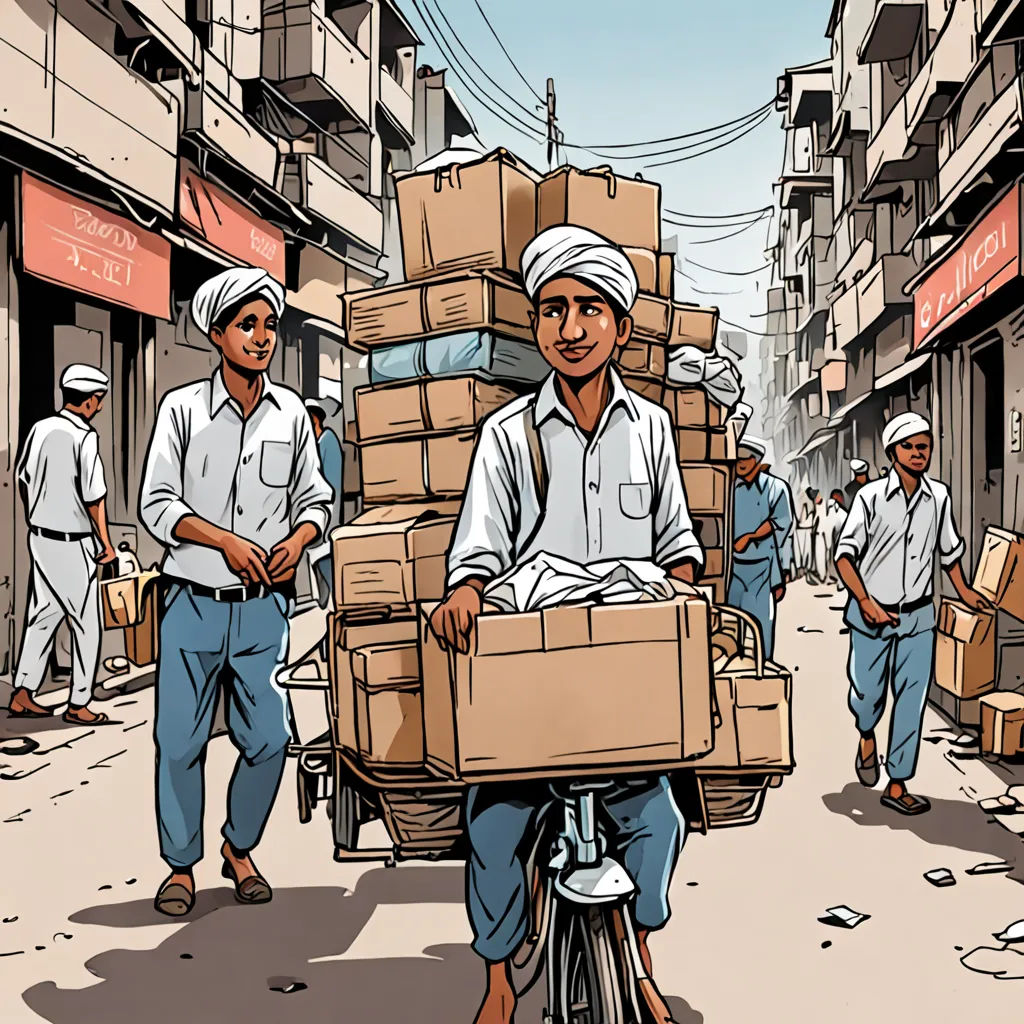
The Dabbawala Delivery Network
By 明真 蔡

20 Apr, 2024
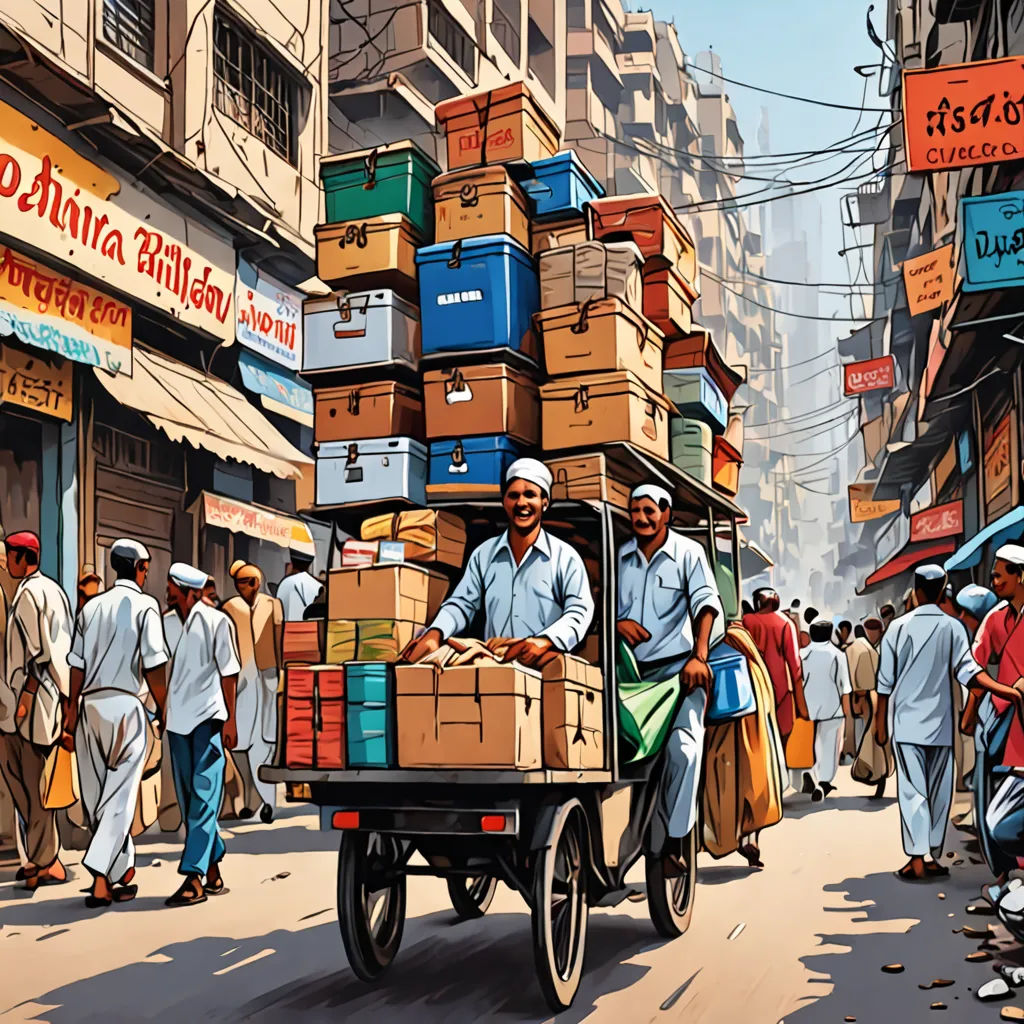
In the vibrant city of Mumbai, a unique enterprise thrives. The Nutan Mumbai Tiffin Box Suppliers Association, an organization employing thousands to deliver hot, home-cooked meals to office and factory workers.
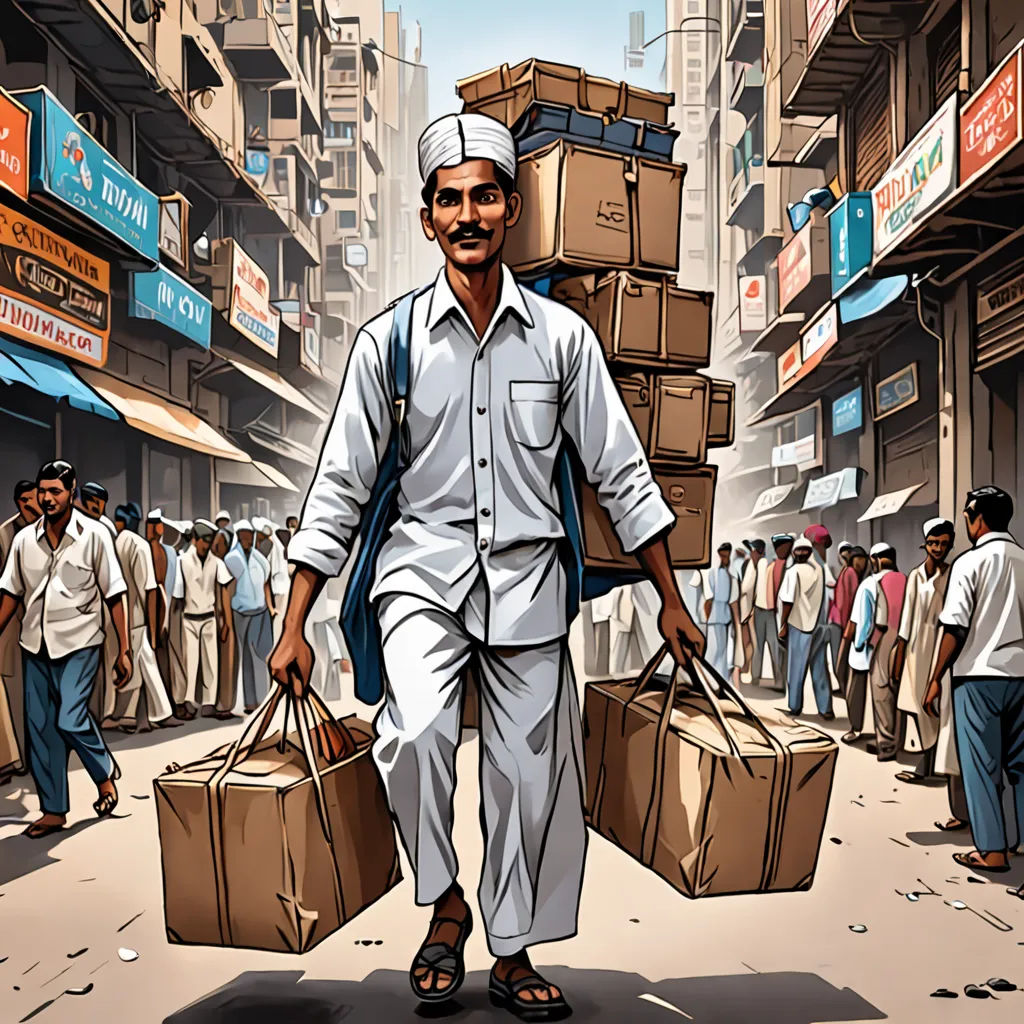
The dabbawalas, or 'one who carries a box,' pick up lunches from customers' homes and deliver them to workplaces, a service crucial to the city's working class. Each dabbawala handles around 30 tiffin boxes every day.
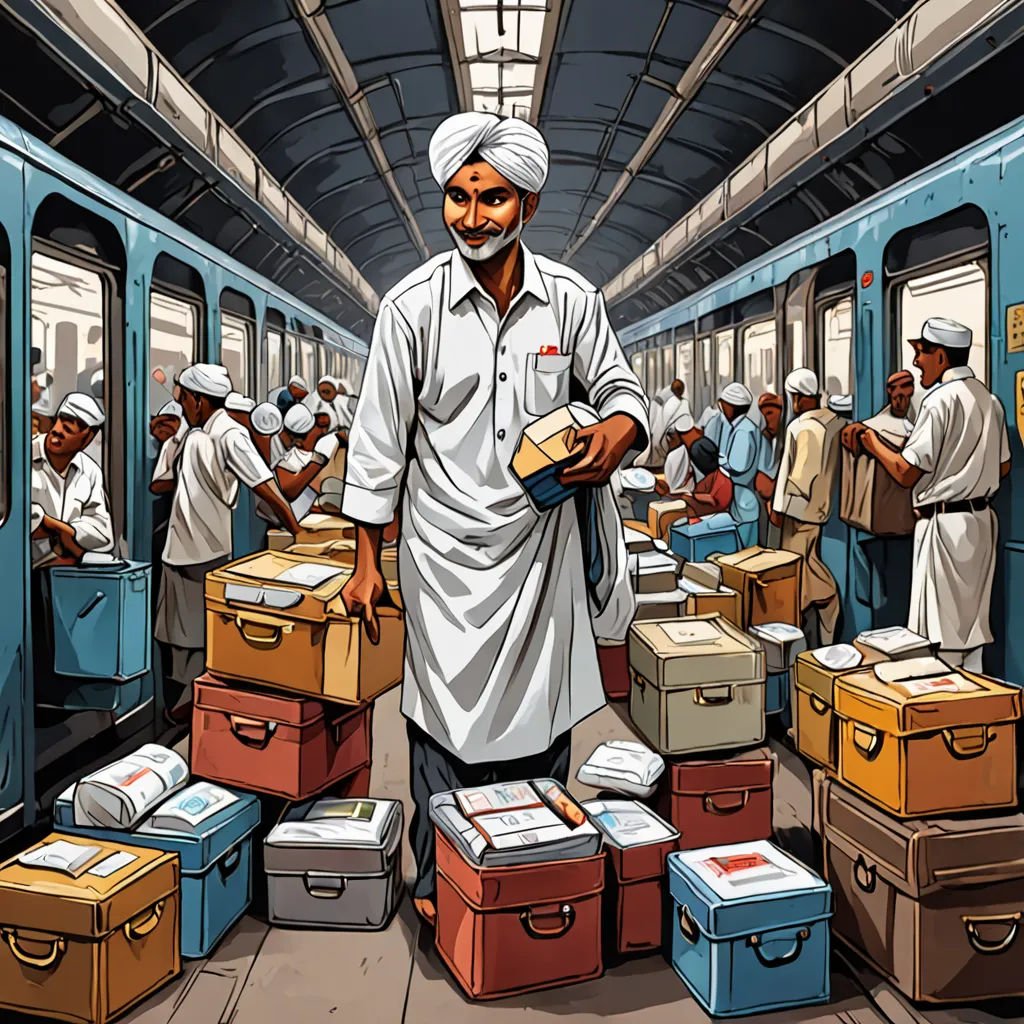
The dabbawalas' operations involve smart scheduling and teamwork. Each geographical area employs around 25 dabbawalas who collect and sort the tiffin boxes according to their general destinations before loading them onto trains.
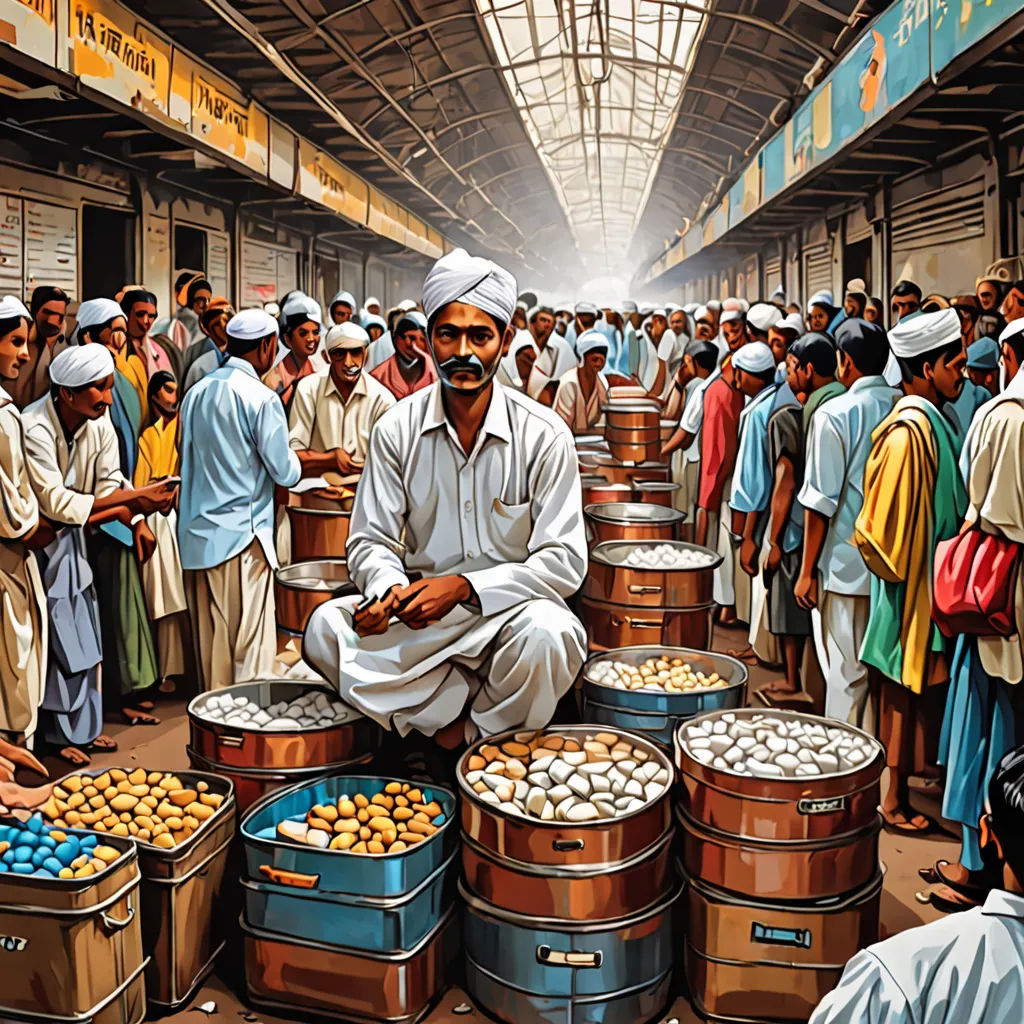
At each destination train station, the boxes are sorted again, this time divided depending on the buildings or more specific locations where they must go. Only after this second round of sorting can each tiffin box be delivered to its rightful owner.
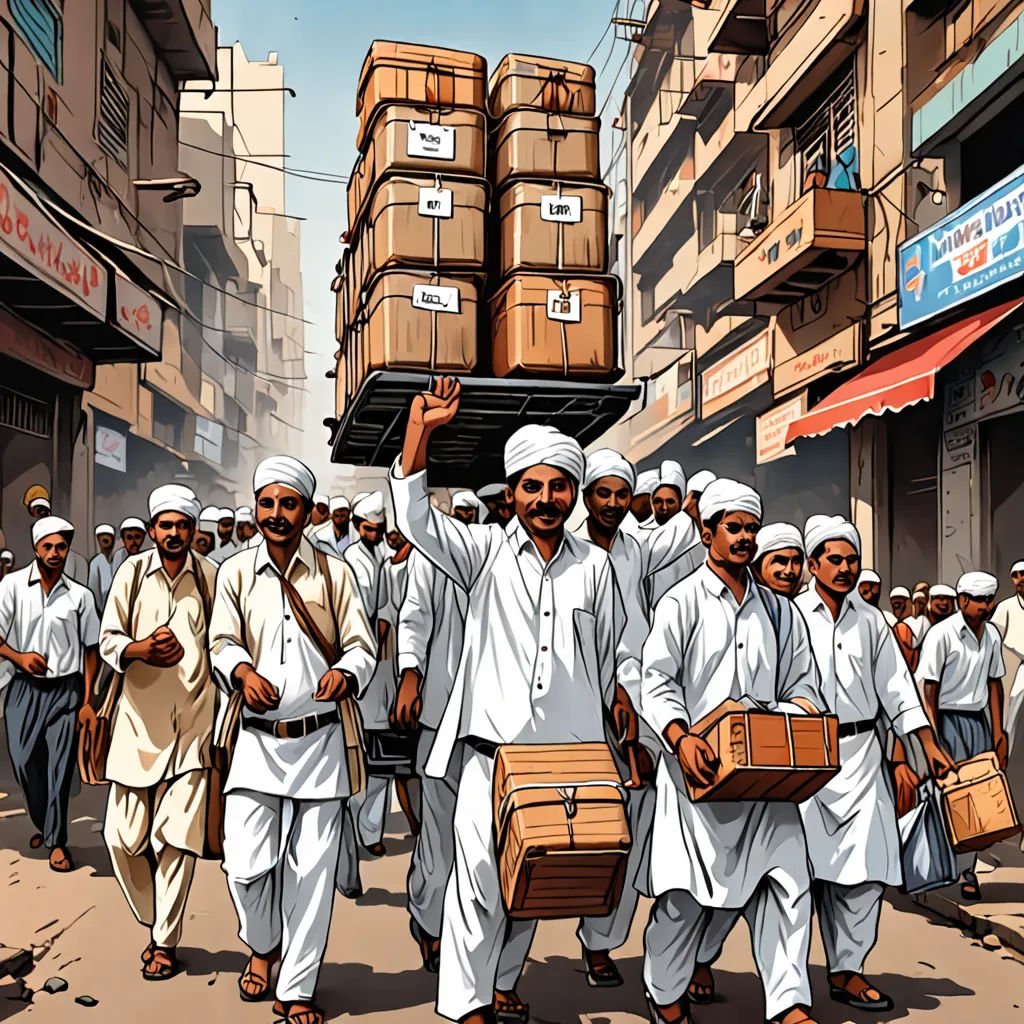
In the afternoon, the dabbawalas retrace their original routes to collect each empty lunchbox and return it to its owner’s home. This massive system, resembling a relay race, ensures that each tiffin box is handled by at least three dabbawalas.
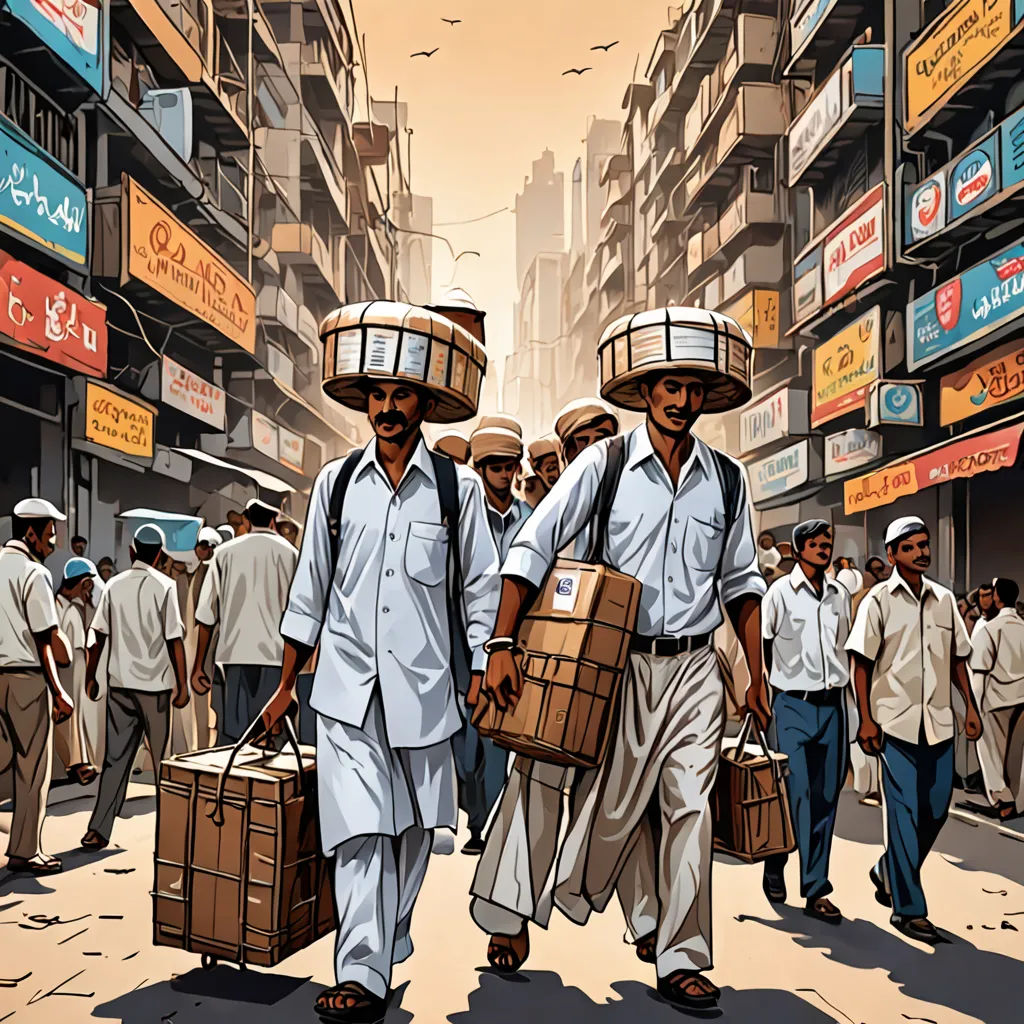
Many people wonder how the Nutan team ensures the lunches are always delivered on time and to the correct location. The answer lies in their clever coding system, where numbers and characters on each container's lid indicate the delivery details.
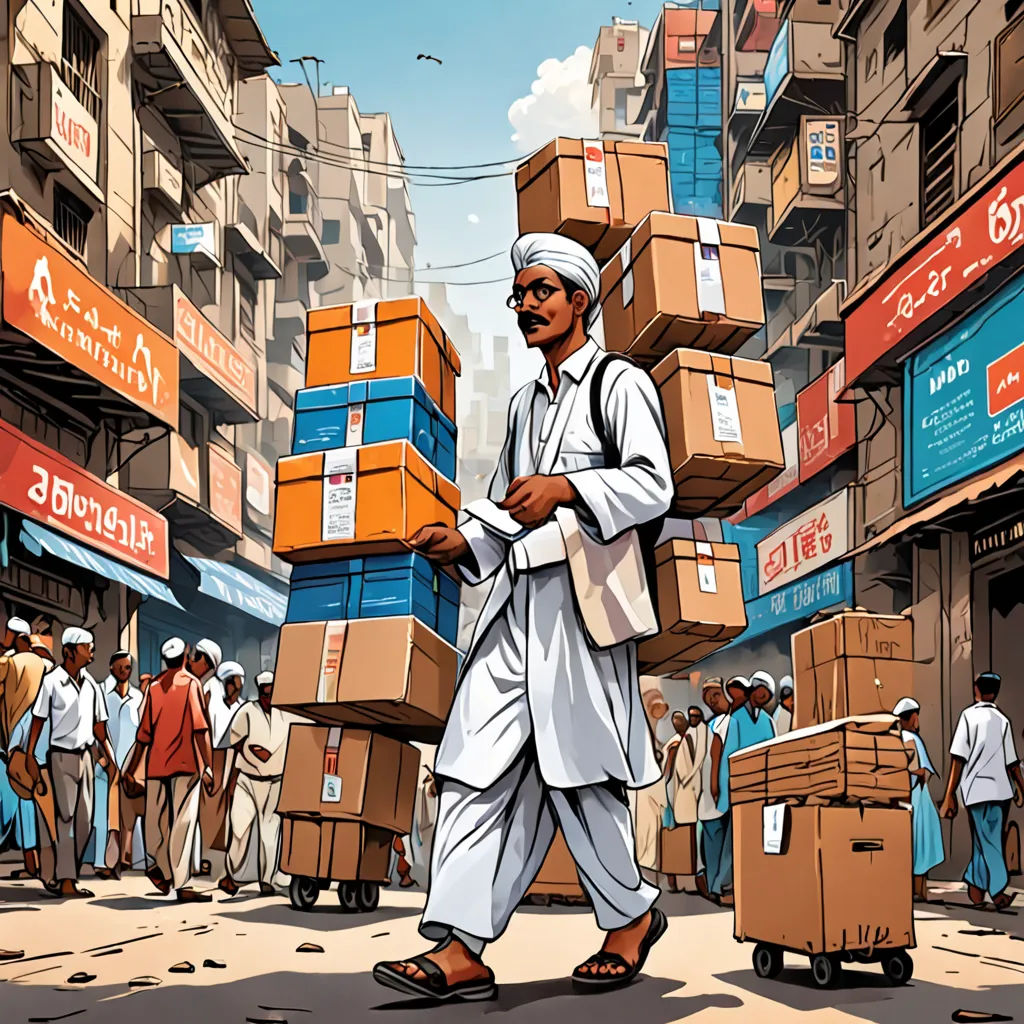
The dabbawalas avoid mix-ups by writing special numbers and characters on each tiffin box to indicate the particular neighborhood, building, floor, and other delivery details. In addition, color schemes are used to show the train station of origin.
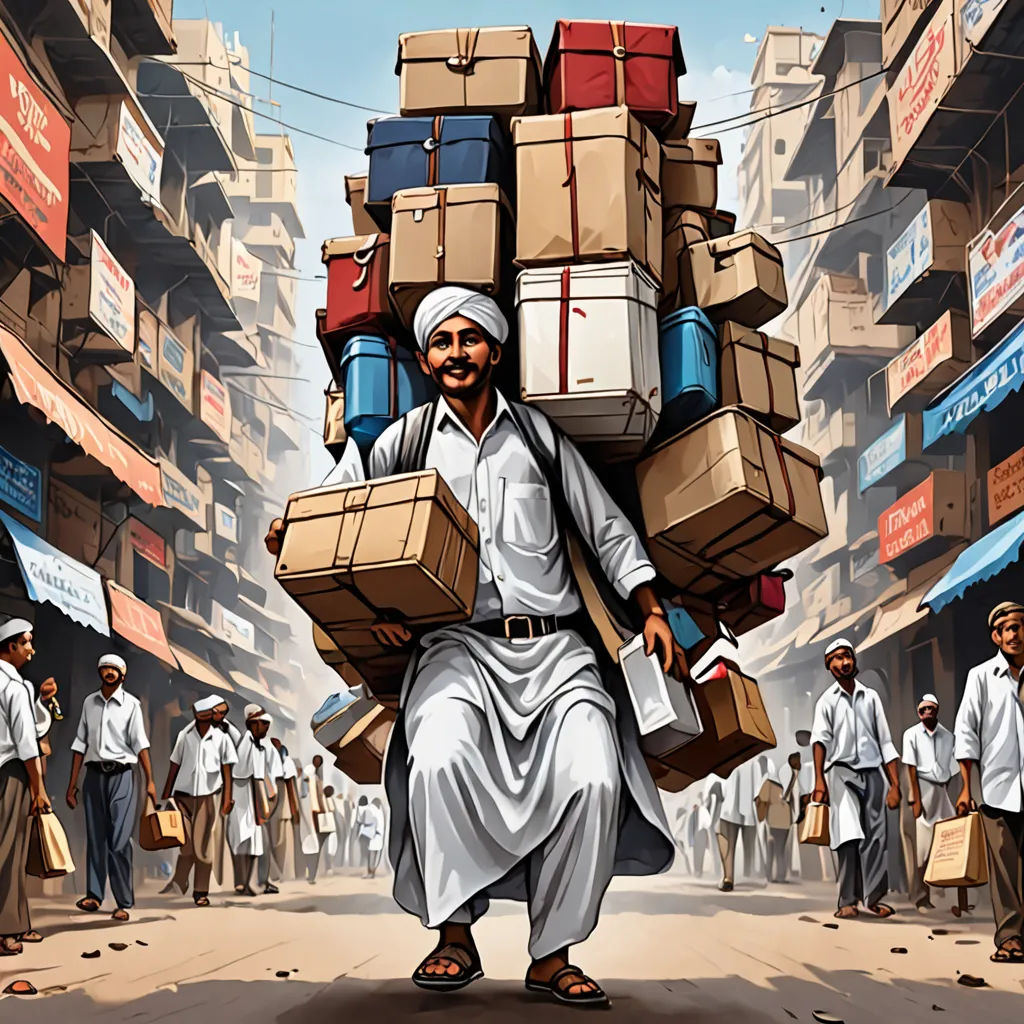
These tactics ensure accurate delivery with a high degree of success. Because of this nearly flawless operating system, the dabbawalas' food delivery service is recognized as a classic example of efficiency and teamwork.
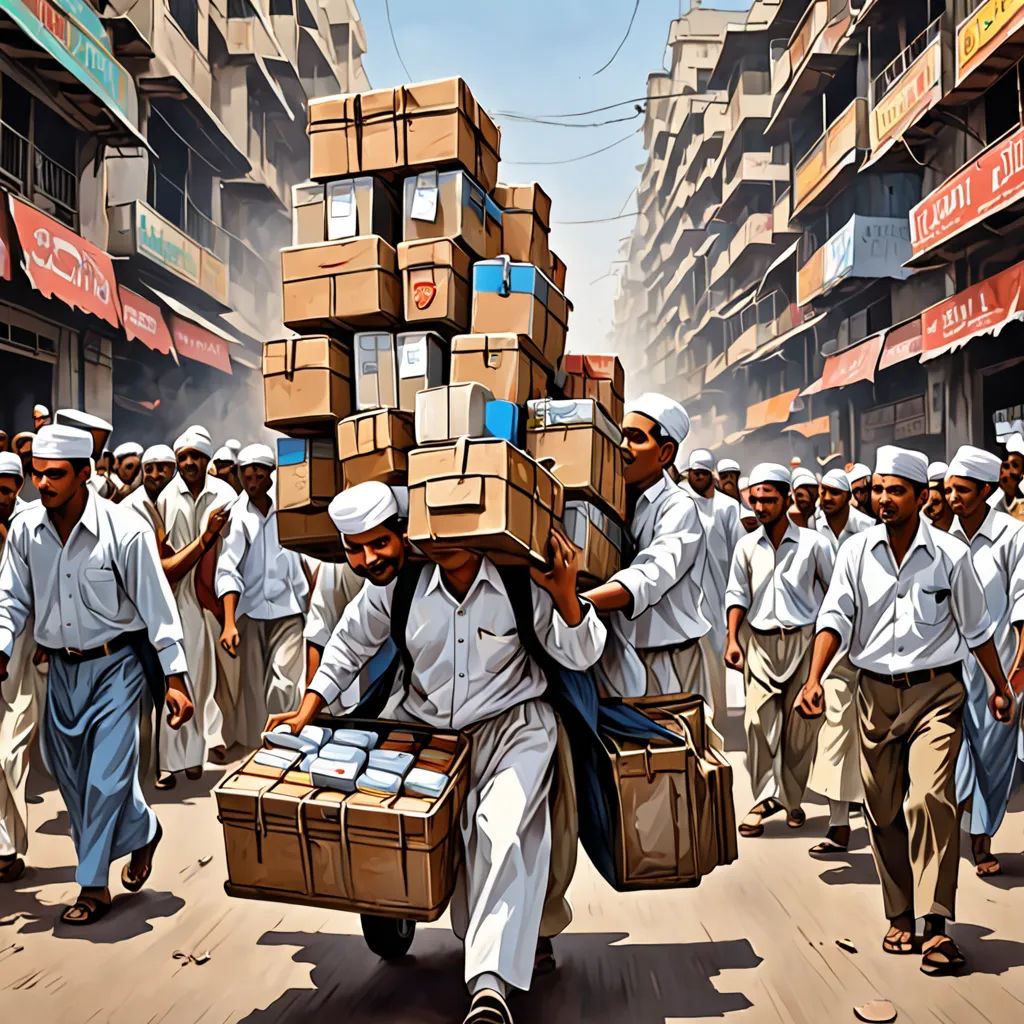
Their operation is so efficient that it has been studied by business schools and management gurus around the world. Despite most of the dabbawalas being illiterate, their error rate is a mere one in sixteen million transactions.
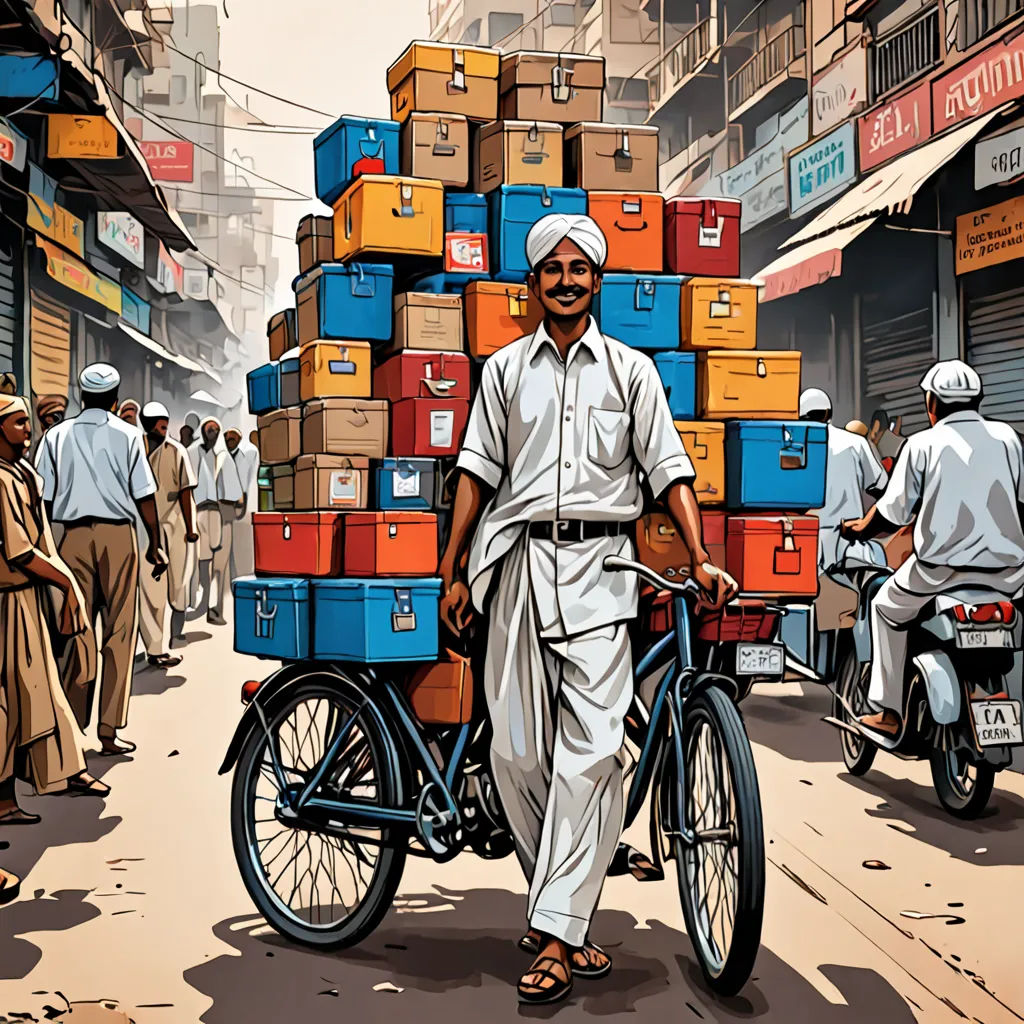
Their success isn't due to high-tech computers or advanced machinery, but to simple tools like bicycles and colored pens. The dabbawalas' story is a testament to the power of human ingenuity and teamwork.
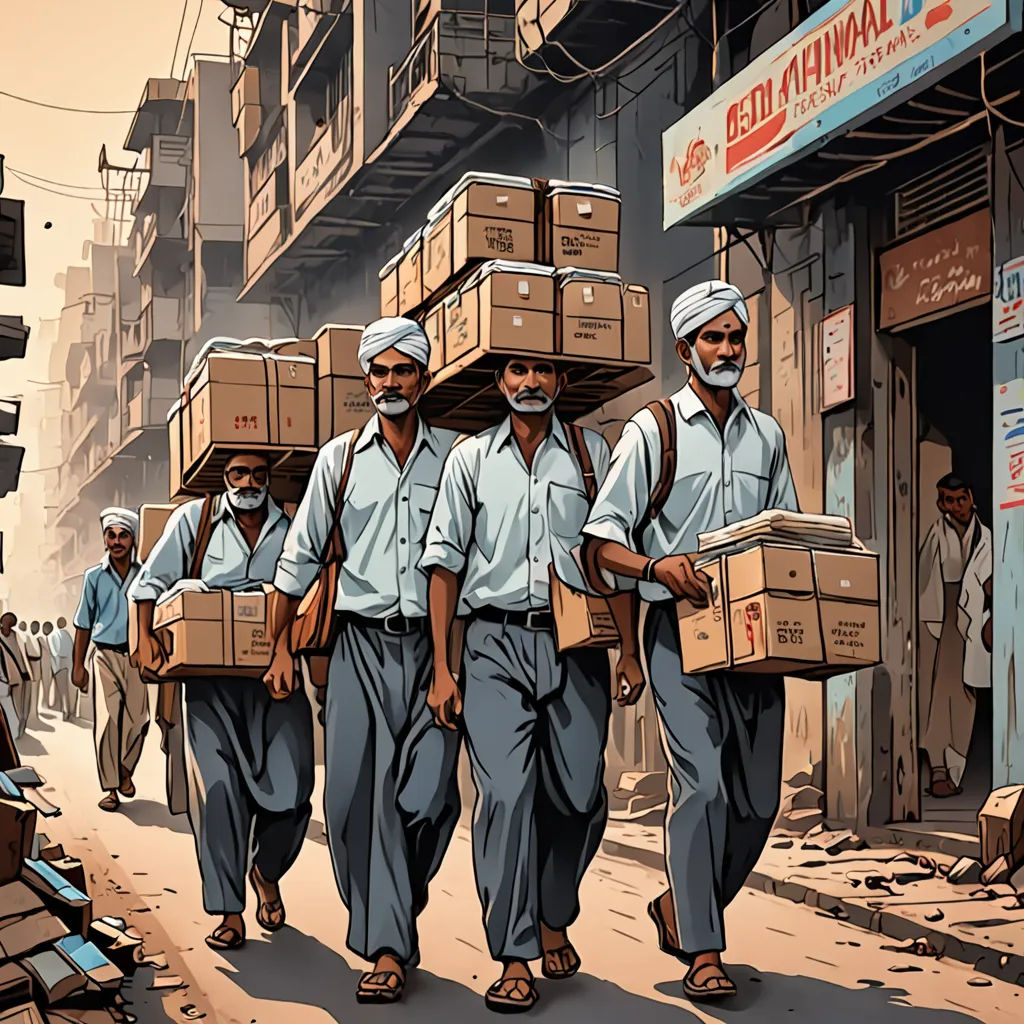
At the end of the day, the dabbawalas return home, tired but satisfied. Their work has not only fed thousands of people but has also brought them closer to their families despite the physical distance.
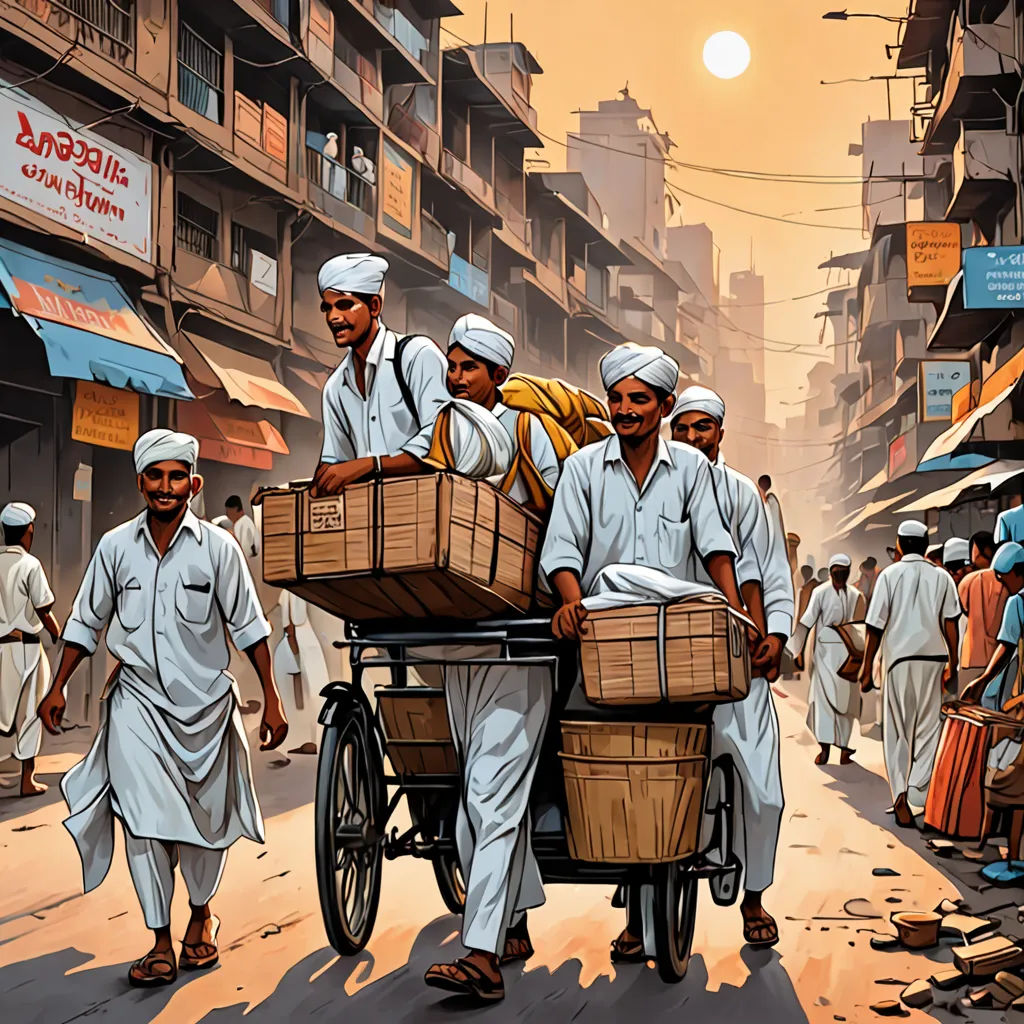
In a city that never sleeps, the dabbawalas are an essential part of its heartbeat. They are a symbol of resilience and determination, showing that success can be achieved through simplicity, dedication, and team spirit.